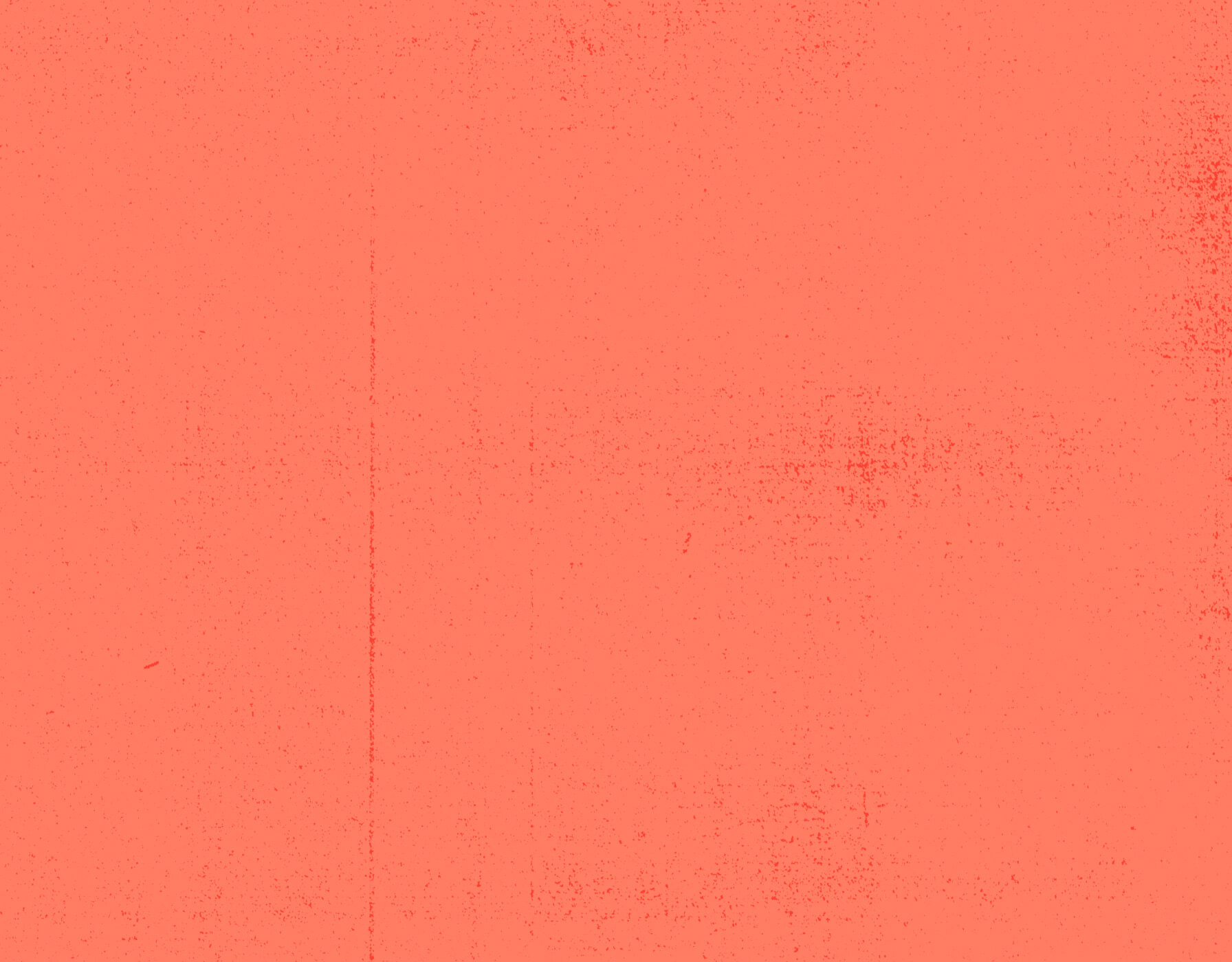Op-Ed | Who I Follow
Who I Follow: Clarissa Brooks
How do the best accounts on Twitter use Twitter? How do they balance their Tweeting with their day job, how often do they check their mentions, and, most importantly, who are their favorite follows? In Who I Follow, we explore the habits and online lives of our favorite follows. This edition is drawn from an interview with writer and activist, Clarissa Brooks.
I started using Twitter like most folks, I was just a girl with a really strong opinion online. I was very sharp. I was very judgmental. I wanted to crack every joke. I wanted to yell at every public official. And sometimes I miss that — it was a really fun time.

I think the pivot was 2019. I was at 5 or 6,000 followers, and I had a conflict with an influential figure on Twitter, and that took me from from 5 to 25,000 within two weeks. That was really interesting because I went from just a girl in college to a public figure.
At that time, I didn't understand what that many followers meant to people. In college I was talking to other Black college students, then it became "I am a young voice for Black people, in general."
I've curated my voice from being very sharp and judgemental to very activist — here’s a thread about white supremacy every single week, here’s a response to every public event — to, here are some things about my life, here is the work I'm doing, here is something that feels like it’s not being said in the conversation. I hope folks are thinking about it. And that is my contribution.

As a journalist and a writer, I've been able to use [Twitter] to find sources. A lot of older folks don't see Twitter as a tool for reporting. For me, especially focusing on HBCU students, it is literally the easiest way for me to get sources because college students are always going to Tweet out something random, and [sometimes] it’s the only way you can get backstory or get their contact [details] or even just get some context on what they're talking about. Like, there was a housing crisis in the Atlanta University Center and nobody was reporting on it, but the students were making threads about it.
I think, for me, it has become a place where folks who are really just trying to be heard can find a place to talk into the void and hope that somebody hears them. Does journalism respect that tool? That is a different conversation. But I'm trying my best to really orient folks to the fact that I'd rather spend time fact checking something than ignoring somebody saying, "I'm living in a hotel because my school isn't giving me housing."
A lot of my relationships and mutual relations that I have online have [developed] through building community with folks, talking about things. There [aren’t] many folks who are too invested in Black lesbian Twitter, but I'm pretty invested in those spaces. Shelby Christie, Danyel Smith, Hanif Abdurraqib, and Lynnee Denise are all folks who are not just thought leaders but always remind me of the goals at hand when it comes to Black cultural production.

I can give random titbits about my life, but I really want to keep personal things or things I'm going through to myself. I'm loving the Twitter Circle feature just to have more private conversations with friends, and Notes are an exciting tool where I can write out more of my thoughts that fall in gray areas of my work and passions. It's the perfect outlet to place niche stories I can't place but want to still put out in the world.
Having my writing be a priority is how I've been able to stay sane online. Especially being young — this is the perfect time to be a hot mess. And I've been a hot mess online. There was a point where I was like, oh, I actually don't want to be anyone's role model. People may see me that way and I can't control it, but I want to be myself first. And the only way I can do that is if I keep some things to myself and keep myself safe. So, focusing on being someone that I would enjoy online and making sure my writing is the thing that people know me for has been the most important part.
I've seen online how quickly you go from a public figure that everybody loves to a public figure that everybody is ready to throw away. If you move at the pace of the internet, you're always going to be running. You're always going to wonder, do people like me? Do people care about me? Do people think my voice is relevant?
I think what is worse is once you've pulled back, you can see how quickly the pattern happens for other people. They say one wrong thing, the internet eats them up. The only way that you can really sustain it is if you [ask yourself] am I a good friend? Am I a good partner? Those are questions that matter to me now versus do people on Twitter like me?

There is an audience out there, even if I can't see them right now. [From the] weird white girl with too much free time to [the] hood-rich Black girl who is like, “I just want to get a fresh set, and I would love to read something about how getting a fresh set is important.” And [then there’s] that middle space, like, I wrote a piece about abortion doulas and my mom was texting me about women in our family who had abortions. So I really try to see myself as somebody who is writing into the ether for folks that I can't see yet, but I know it is going to catch somewhere.
Featured collection
Who I Follow
How do the best accounts on Twitter use Twitter? Explore the habits of our favorite follows.